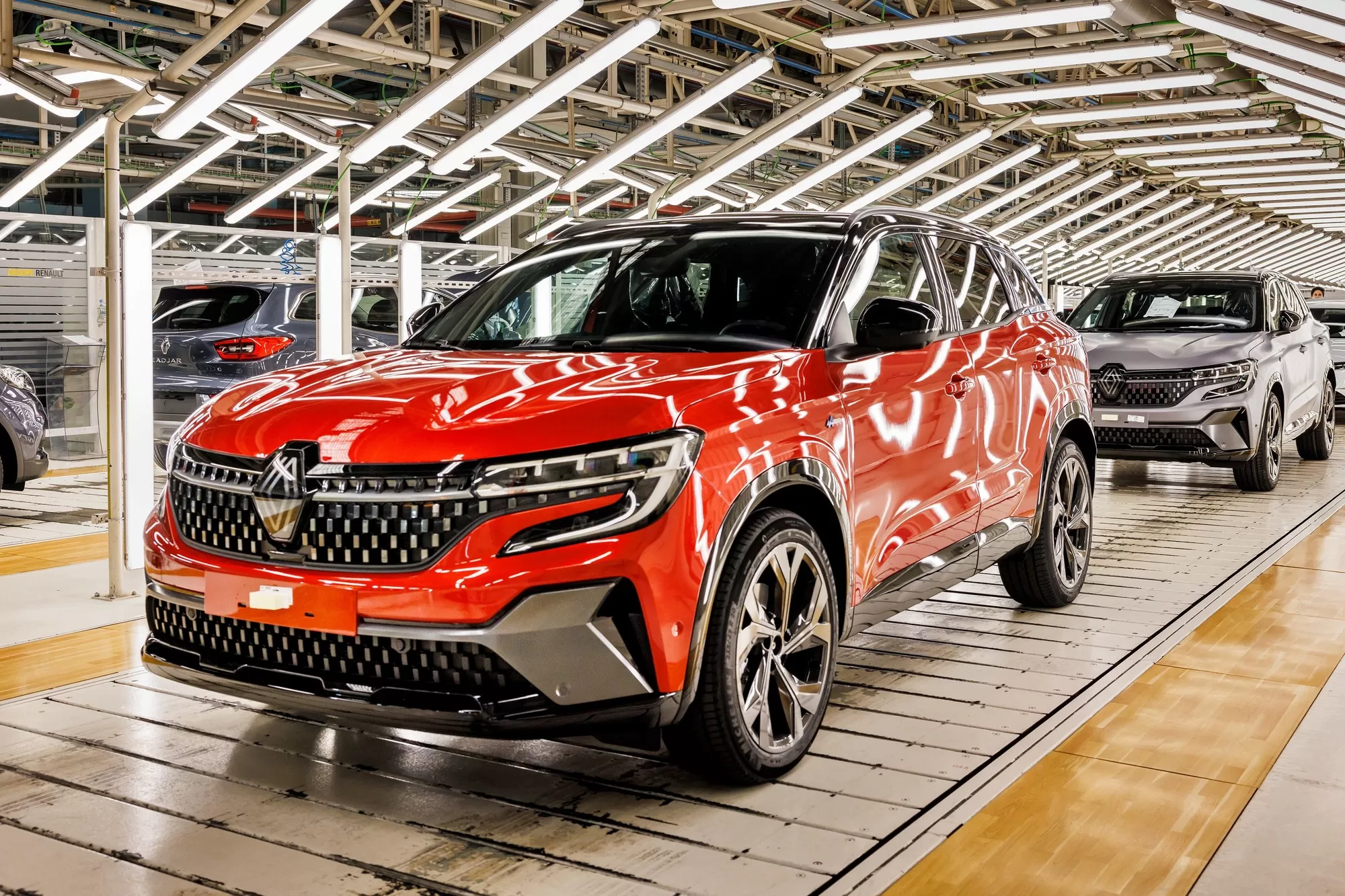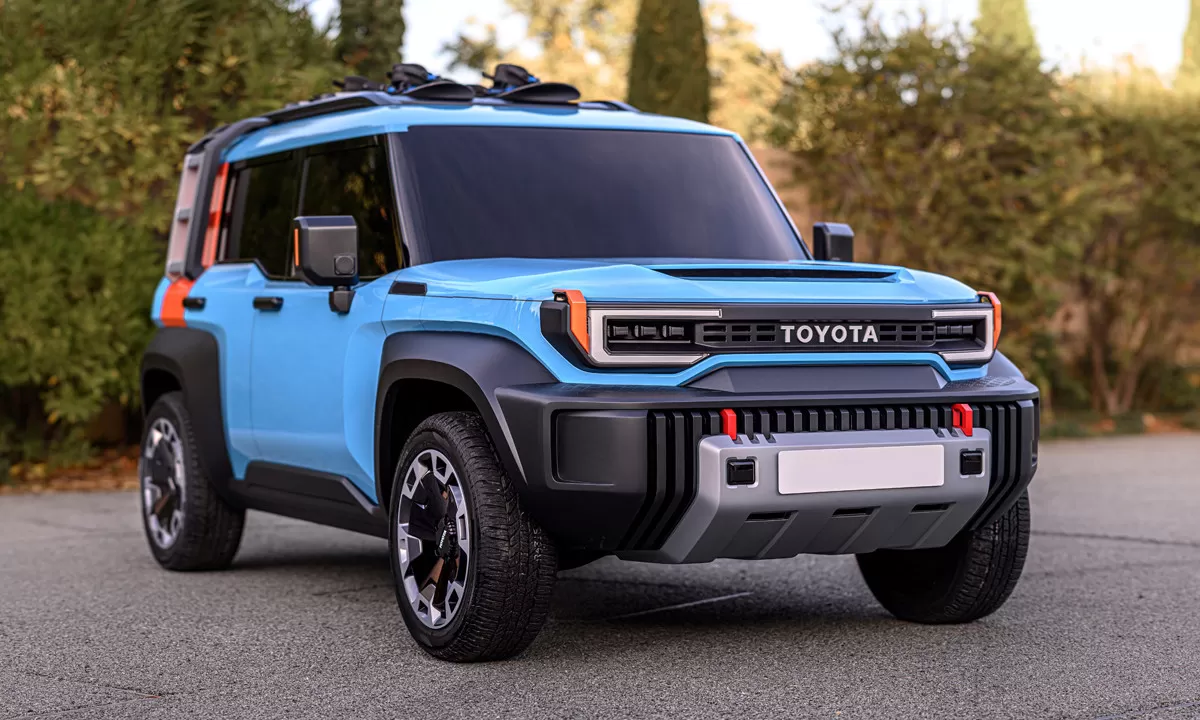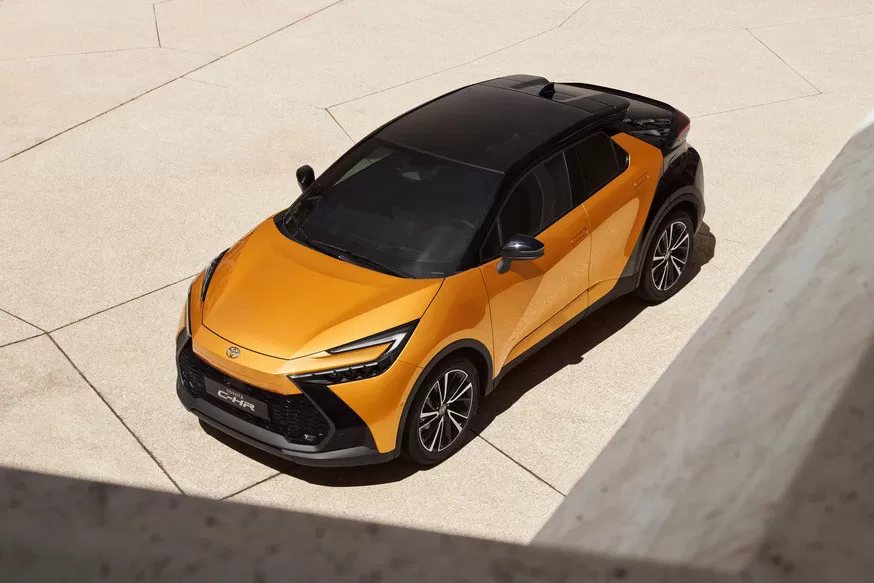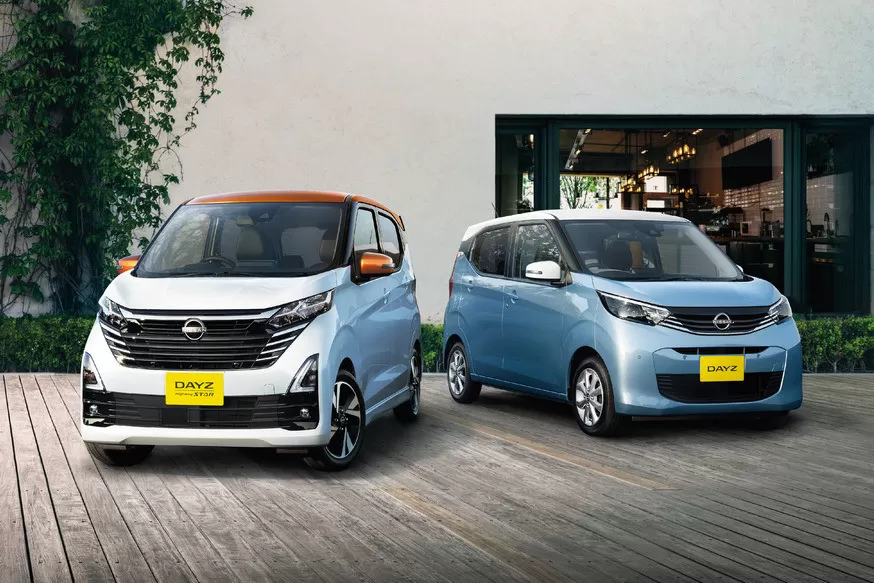Last summer’s relaunched Renault-Nissan-Mitsubishi alliance is taking on increasingly unusual contours: this week it was announced that they are abandoning joint global component procurement, even though such procurement was supposed to be one of the main goals of creating the alliance.
In July of this year, Renault Group, Nissan Motor, and Mitsubishi Motors announced the finalization of an agreement to restructure the alliance. Recall that the restructuring of the alliance became necessary after the scandalous arrest of Carlos Ghosn in November 2018. Ghosn is considered the chief architect of the alliance, and without him, the structure began to show signs of strain. Accumulated contradictions came to the surface and created a management crisis – we discussed the history of the issue in a separate article.
It took almost five years for the alliance members to renegotiate their partnership. The reached agreement solved the main problem – inequality in cross-shareholding, but surprisingly, the final agreement had very few details about why the alliance continues to exist and what the member companies will do together. While the preliminary plan for the alliance’s reformatting presented in February of this year included new joint models and the intention to maintain joint production and component procurement, none of this was present in the final agreement reached in July.

Now, it turns out that the practice of joint procurement within the alliance will end at the end of this year. Instead, they will have so-called project-based procurement, tailored to specific models and markets. There will be no common global strategy in this regard, which means there will be no cost savings due to a very large volume of joint purchases. From a business efficiency perspective, this decision seems absurd and underscores that the Renault-Nissan-Mitsubishi alliance today is more of a political structure than a business one. The idea of preserving the alliance was championed by the French government, which remained the largest shareholder in Renault Group even after the alliance was restructured.
Renault, Nissan, and Mitsubishi are currently losing the race for leadership in the production and sale of electric vehicles to Chinese companies, and they are well aware of this. The main geographic areas of focus for the renewed alliance are Latin America, India, and Europe, with no mention of China in the new agreement at all. The Renault brand left China in 2020, and Mitsubishi will follow suit shortly. Nissan remains a significant player in the Chinese market for now but is rapidly losing ground to rapidly growing Chinese brands. According to the China Association of Automobile Manufacturers (CAAM), Nissan’s sales in China from January to August of this year totaled 406,140 vehicles, down 29.8% from the same period last year.
The update of the model lines of Renault, Nissan, and Mitsubishi has been significantly delayed in recent years due to internal disagreements within the alliance. In this case, the decision to abandon joint procurement should be understood as an attempt to gain an extra degree of freedom to accelerate development. Renault Group currently appears to be the main driver of development in the alliance: the French company launched a massive engine joint venture with the Chinese holding company Geely last summer, and the production of mass-market electric vehicles will soon be spun off into a separate company called Ampere with freely traded shares on the stock exchange. Nissan will be one of Ampere’s investors, but it is currently unclear how this company will be connected to Nissan’s future models – it is possible that there will be no connection at all.










